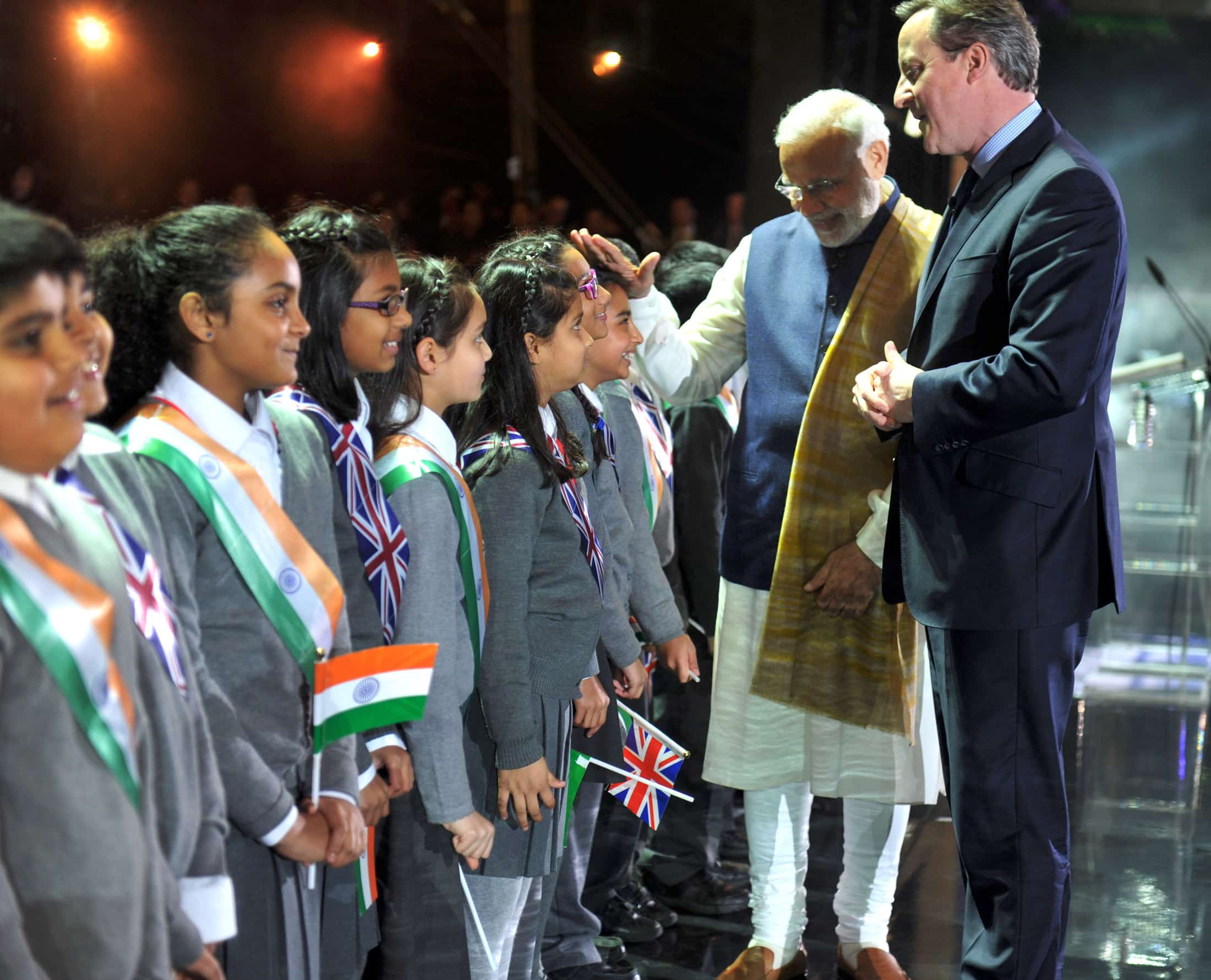 BBC News
BBC NewsBorrowing was £17.4bn last month, the second highest October figure since monthly records began in 1993.

Dinesh Dhamija
With a UK General Election less than a year away, political minds are focusing on Britain’s many floating voters.
Will they stick with the Brexit-delivering Conservative Party, or move to the “Remain” Liberal Democrats or place their faith in a resurgent Labour Party led by Kier Starmer?
While national polls show that Labour has a significant lead, British Indians are trending in the opposite direction. Since 2010, when almost two-thirds of UK Indians voted Labour, support has halved to around 30 per cent, according to a report in the Guardian.
What accounts for this collapse in support? One factor is economic demography. As the Indian community has grown wealthier, it has become more inclined to move to the Right.
A majority of Hindu voters in the UK – the wealthiest minority in the country – supported the Tories in the 2019 election.
Then there are specific flashpoints. Under Jeremy Corbin’s leadership, Labour advocated an independent Kashmir, something that few British Indians would support. Rishi Sunak’s election as Conservative leader (and therefore Prime Minister) drew many British Indians to his party. It gave the community a sense of pride and belonging at the heart of British democracy. “It’s really good how he’s brought the Indian community into the traditions of 10 Downing Street,” said one British Indian recently.
I felt the same way. As a British Hindu who has spent more than 50 years in this country, there is a palpable sense of political and social acceptance. Having a Hindu Prime Minister has been transformative – how could we face prejudice and discrimination if the man at the top is one of us?
To see Diwali being celebrated in Downing Street, or hearing examples of Sunak’s religious beliefs helps to normalise British Indians’ own experiences.
For Labour, these are concerning times. Indian voters are the UK’s largest minority ethnic group and could determine the fate of several parliamentary seats, especially in some ‘Red Wall’ areas of Northern England. The party is sending two senior shadow ministers – David Lammy and Jonathan Reynolds – to Delhi this weekend to rustle up some good press.
This magnified role in British politics is just one aspect of the Indian diaspora that I explore in my new book The Indian Century. An excerpt looking at the diaspora and its extraordinary impact on global society, business and politics appears in the next edition of Finito World magazine and online. The book itself will be published in the next few weeks.
Dinesh Dhamija founded, built and sold online travel agency ebookers, before serving as a Member of the European Parliament. His latest book, The Indian Century, is published in February.